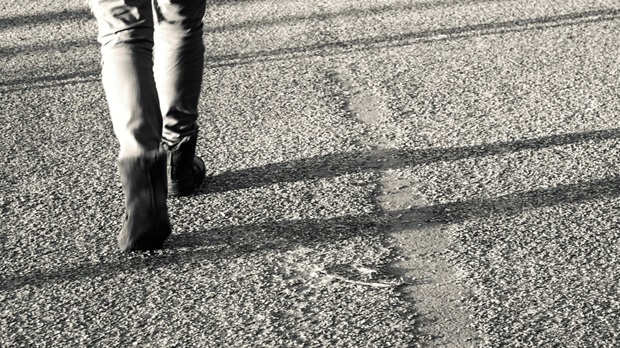
PAVLINA JANE / FLICKR
“What if Charity is actually a man and hasn’t told Dad?” one of the boys said at the table one evening during dinner. Another chimed in, “Yeah, I think Charity is really a man.”
“I’m not a man,” I protested. “I’m a woman. I dress like a woman. I’m married to your dad.” I sighed, hardly believing I was having this conversation with my stepsons.
“Are you going to chime in here?” I asked Steve. He just smiled.
“I’m not even going to acknowledge those comments with a response,” I said. I feigned offense while chuckling under my breath. I know they were teasing. If there’s one thing I still marvel at after two and a half years of being a stepmom, it’s the vast range of entirely inappropriate comments that preteen and teenage boys can come up with in the name of humor. Calling their stepmom a man disguised as a woman fell firmly into that category.
But their teasing hinted at a question I have been wrestling with for years. I am a woman, but what makes me so? Besides my obvious anatomical features and apart from the “F” on my birth certificate and driver’s license, how else would I defend who I am?
Am I a Woman if I’m Not a Wife or Mother?
For the forty-two years I was single, I struggled even more to answer this question. Some of the obvious ways society might identify me as a woman—being wife or mother—were off the table for me. I didn’t even date much, and by the time I was thirty-seven, cancer had rendered me surgically sterile.
Most of my days were spent in contexts in which my gender didn’t seem to matter. Men and women both performed the same job duties I did. I had platonic friendships with men and women. I lived by myself and took care of my home, my lawn, my car, and my bills all on my own. There was no obvious distinction between me and any of the men or women I encountered each day. We all existed in a state of suspended genderless-ness.
Or so I thought.
Cultural Norms: Doors, Dresses, and Dishes
Every once in a while, I would interact with boys or men in a way that would remind me I was different. When a stranger helped me carry large bags of ice to the car or my best friend insisted her seven-year-old son hold the door open for me, I was confronted with the ways our society often distinguishes between the sexes. I know some women who would be offended by such gestures of male chivalry and it wasn’t that I was looking for a knight in shining armor. But somehow I craved anything that defined me specifically as a woman. Contrast seemed the most obvious way.






